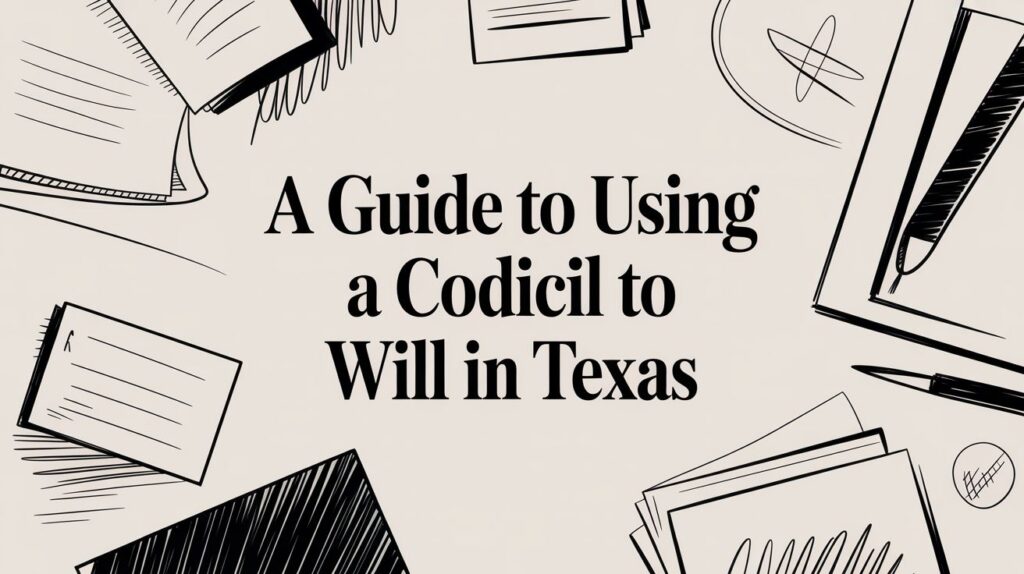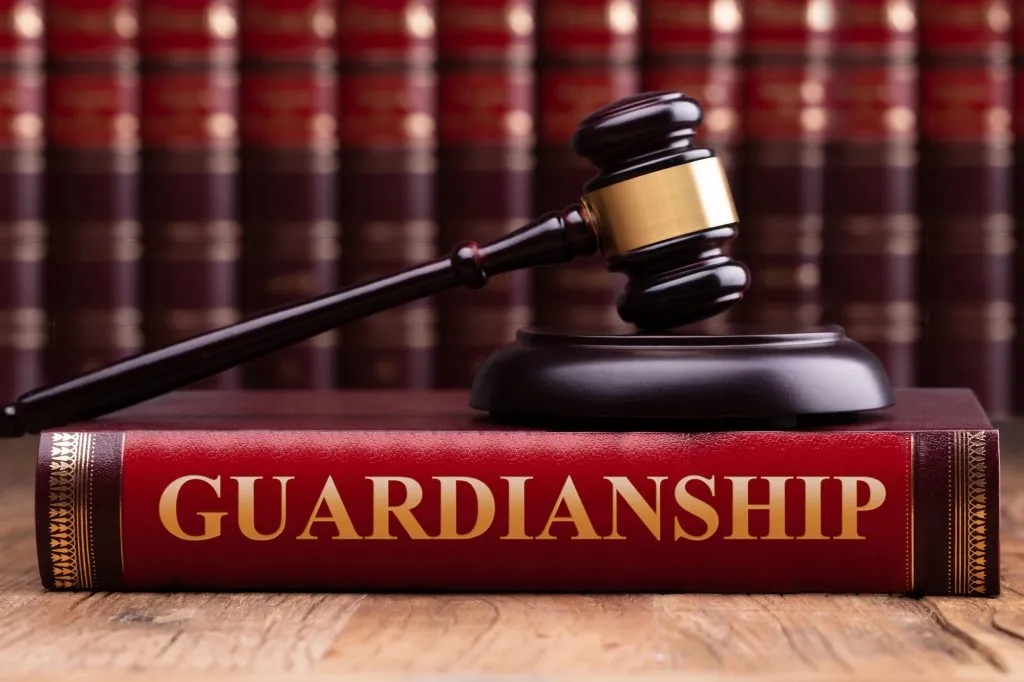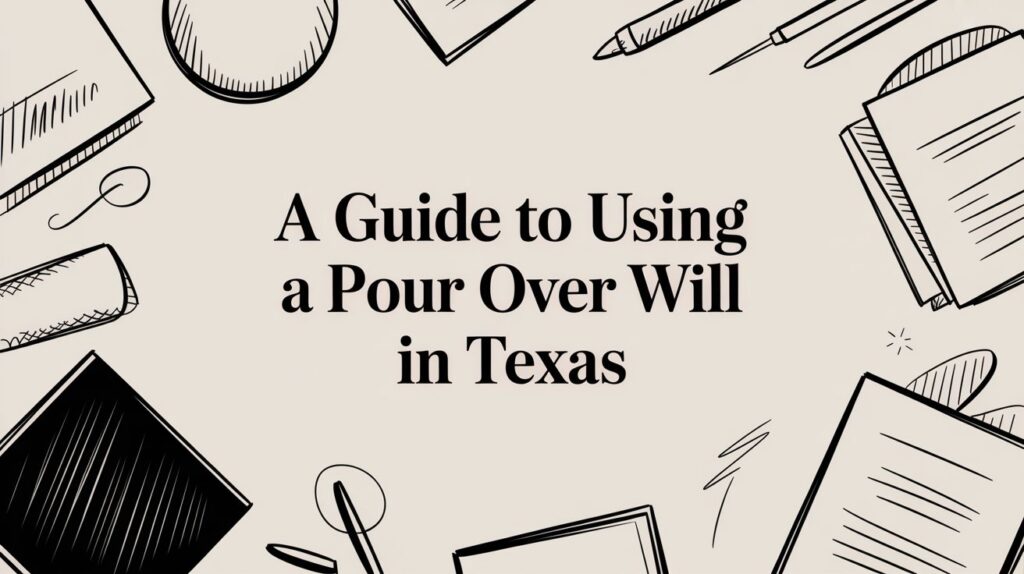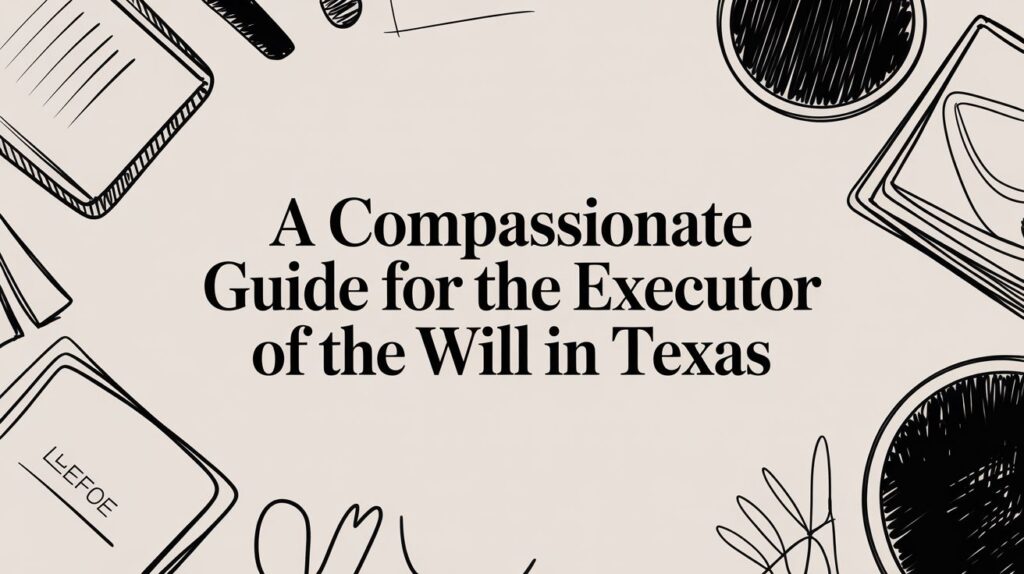In the delicate dance of life and death, wills serve as the final choreography, orchestrating the distribution of one’s earthly possessions after they depart. These legal documents hold profound significance, guiding the allocation of assets and the fulfillment of final wishes. However, what happens when the script penned within a will seems questionable, leaving loved ones questioning its authenticity or fairness? In the vast expanse of Texas law, where tradition meets innovation, contesting a will unfolds as a nuanced dance of rights and responsibilities. Join us as we explore the intricacies of contesting estate plans in the legal landscape of Texas. From unraveling the threads of testamentary intent to navigating the labyrinth of legal procedures, we delve into the heart of this captivating journey. So, tighten your legal laces and prepare to traverse the terrain of contested wills in the Lone Star State.
Grounds for Contesting a Will in Texas
In will contestation, individuals challenge the validity of a will, often questioning the deceased’s mental capacity. In Texas, only “interested persons” possess the legal standing to initiate such proceedings, including family members, beneficiaries named in a prior will, and creditors of the deceased seeking their due.
Several grounds for contesting the validity of a will are present within the complex legal landscape of Texas law. The first is the lack of testamentary capacity, which refers to the deceased’s ability to comprehend the significance of their actions. If doubts arise regarding the deceased’s cognitive faculties when executing the will, it can lead to a legal showdown. Allegations of dementia, mental illness, or undue influence may cast a shadow of doubt over the will’s validity, igniting the flames of legal scrutiny.
The second ground is undue influence, which is the insidious force that compels the vulnerable to bend to the will of another. When whispers of coercion, manipulation, or duress weave their way into the narrative, the legitimacy of a will hangs precariously in the balance. This can be through subtle persuasion or overt pressure, casting a pall over the sanctity of testamentary intentions.
The third ground is fraud, which doubts the authenticity of testamentary instruments. Evidence of deceit, misrepresentation, or concealment in executing a will sets the stage for a high-stakes legal showdown. Forgery also casts a long shadow, undermining the authenticity of testamentary instruments.
Lastly, improper execution, which involves oversight, negligence, or ignorance of legal requirements, casts a pall over the validity of testamentary instruments, inviting the scrutiny of legal experts and the unforgiving gaze of judicial review.
The Texas Will Contest Process
The Texas Will Contest Process is a complex legal journey that involves challenging a will in Texas, where tradition and modernity intersect. The protagonist embarks on a journey to uncover the secrets of challenging a will, guided by legal experts and courage.
The journey begins with seeking counsel from an attorney, who explains the grounds for contesting a will and outlines the legal pathway ahead. The attorney gathers evidence, such as medical records, witness statements, and financial documents, to unravel the mysteries surrounding the disputed will.
Finally, they file a lawsuit, petitioning the probate court to declare the will invalid. The courtroom becomes their battleground, where the fate of the contested will hangs in the balance. During the discovery phase, both sides reveal their cards, scrutinizing documents and taking depositions to gain an advantage in the quest for truth. Pre-trial motions and hearings are crucial junctures where judges address preliminary legal issues, shaping the battlefield for the impending trial.
The trial becomes the day of reckoning, where legal teams present evidence and make arguments, and the balance of justice hangs in suspense. The protagonist performs before the judge or jury, compelling them with their narrative and evidence. In the crucible of the courtroom, truth emerges victorious, and justice serves. If the dissatisfied party chooses to appeal, they embark on a new chapter of the legal saga, seeking vindication and closure.
Important Considerations Throughout the Process
In Texas, contesting a will is common, much like cowboys at a rodeo. The law grants a two-year window from the will’s admission to probate to contest it. However, even if you manage to claim within this timeframe, you still need to face the legal dust storms of Texas.
The cost of contesting can be substantial, with attorney fees, court costs, and wrangling expert witnesses. However, there is always a silver lining, as the law allows for recovering attorney fees and costs if you win your contest. This means that while you might be out a few dollars upfront, there’s a chance you’ll hit pay dirt in the end.
The burden of proof in contesting a will is significant. Like a cowboy must prove his speed, contesting a will requires proving your claims by a preponderance of the evidence. This means tipping the scales in your favor, showing the judge and jury that your claims are more likely true than not.
Alternative Dispute Resolution (ADR) for Will Contests
Alternative Dispute Resolution (ADR) is a promising alternative to litigation in will contests, where emotional turmoil and familial rifts can lead to lengthy legal battles. Two primary forms present ADR: mediation and arbitration. Mediation involves negotiation between conflicting parties under the guidance of a neutral third party, allowing them to find common ground and explore potential solutions in a controlled environment. This approach allows heirs and beneficiaries to uncover hidden motivations, clarify misunderstandings, and craft a resolution that honors the deceased’s wishes while preserving familial harmony.
Arbitration, on the other hand, offers a structured approach, with a neutral arbitrator acting as a judge and jury, evaluating evidence, hearing arguments, and ultimately rendering a binding decision on the contested issues. This streamlined alternative to litigation offers faster and more cost-effective resolutions, sparing parties the emotional and financial toll of a protracted legal battle.
ADR offers numerous benefits for parties involved in will contests, including a swifter resolution, reduced court dockets, cost-effectiveness, and a less acrimonious atmosphere. By embracing the principles of mediation and arbitration, heirs and beneficiaries can chart a course toward resolution, find common ground during conflict, and honor the legacy of their loved ones with grace and dignity. In essence, ADR serves as a beacon of hope in the often murky waters of will contests, offering parties a lifeline to navigate the stormy seas of legal disputes.
Seeking Legal Guidance is Crucial
A seasoned probate attorney can help assess the validity of claims and the likelihood of success, navigating through your case to uncover potential strengths and weaknesses. They will leave no stone unturned in their quest for truth, providing a clear path forward with insights and strategies tailored to your unique circumstances.
Probate proceedings resemble a labyrinth, with twists and turns at every corner. You risk losing your way in a maze of legal procedures and protocols without a skilled guide. With a probate attorney, you can confidently navigate the process, avoiding potential traps and pitfalls. They will streamline the process, ensuring you meet every legal requirement and overcome every hurdle.
Alternative dispute resolution (ADR) options like mediation or arbitration can help resolve conflicts quickly and efficiently. A probate attorney’s nuanced understanding of Texas probate law and negotiation prowess can help you explore ADR options to reach a swift and amicable resolution. They can facilitate productive discussions or draft settlement agreements, leveraging their skills to steer you toward a favorable outcome.
In the vast expanse of Texas law, seeking legal guidance is your greatest asset. From assessing the validity of your claims to navigating the legal labyrinth and exploring alternative dispute resolution options, a skilled probate attorney is your trusted navigator, guiding you toward a successful resolution. Remember, don’t go it alone; with a seasoned probate attorney by your side, you’ll navigate the twists and turns of the probate maze with confidence, emerging victorious on the other side.
Conclusion
In conclusion, contesting a will in Texas is not merely a legal endeavor; it’s a journey fraught with emotional and logistical complexities. As we wrap up our exploration of this fascinating topic, let’s recap the key legal grounds and steps involved, emphasize the importance of seeking legal guidance, and acknowledge the emotional toll accompanying such endeavors.
Identifying valid grounds initiates contesting a will, which entails several key steps. These typically include filing a petition with the probate court, gathering evidence to support the grounds for contesting the will, notifying interested parties, attending court hearings, and presenting arguments before a judge. Adhering to strict legal deadlines and procedures throughout this process maximizes the chances of success.








